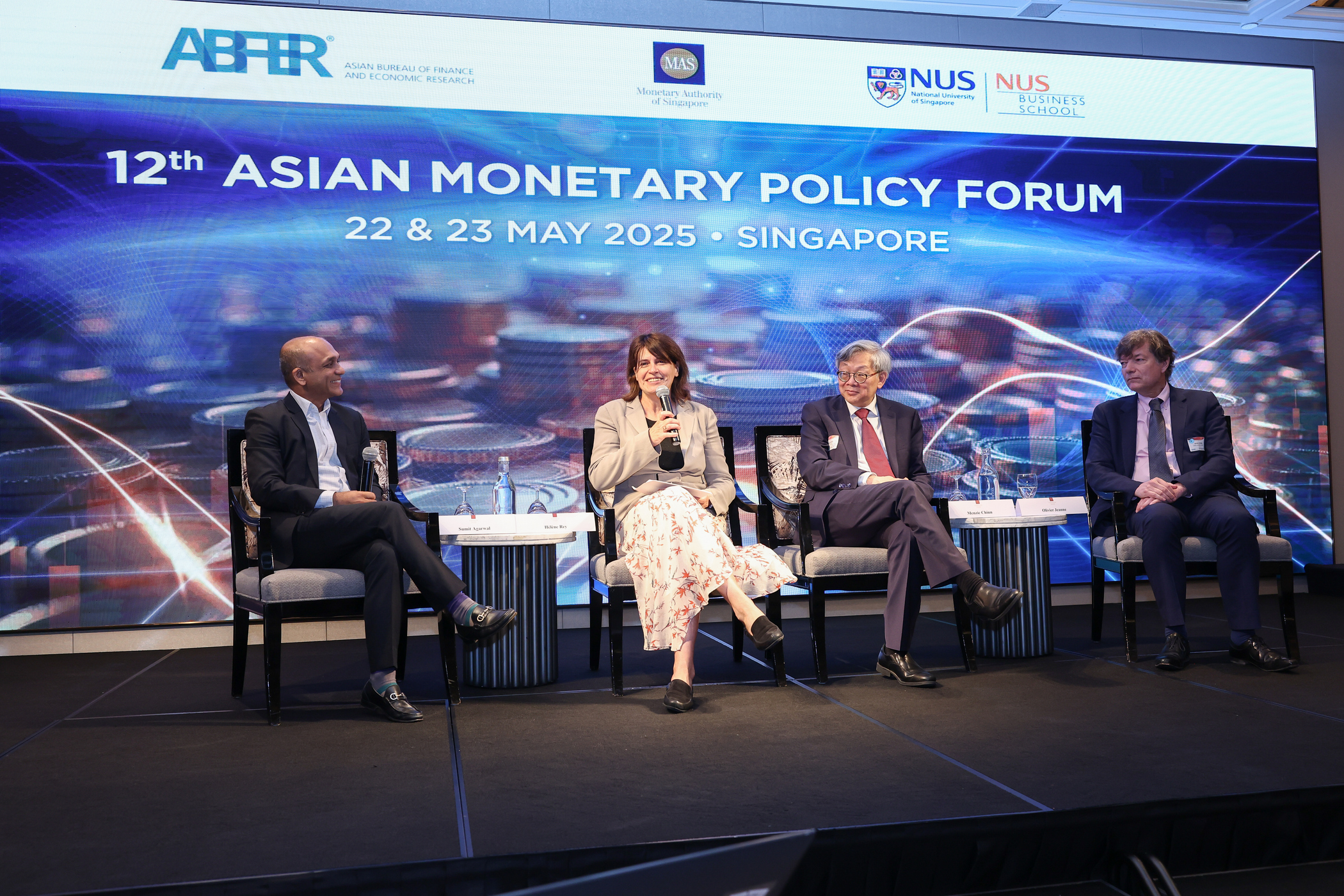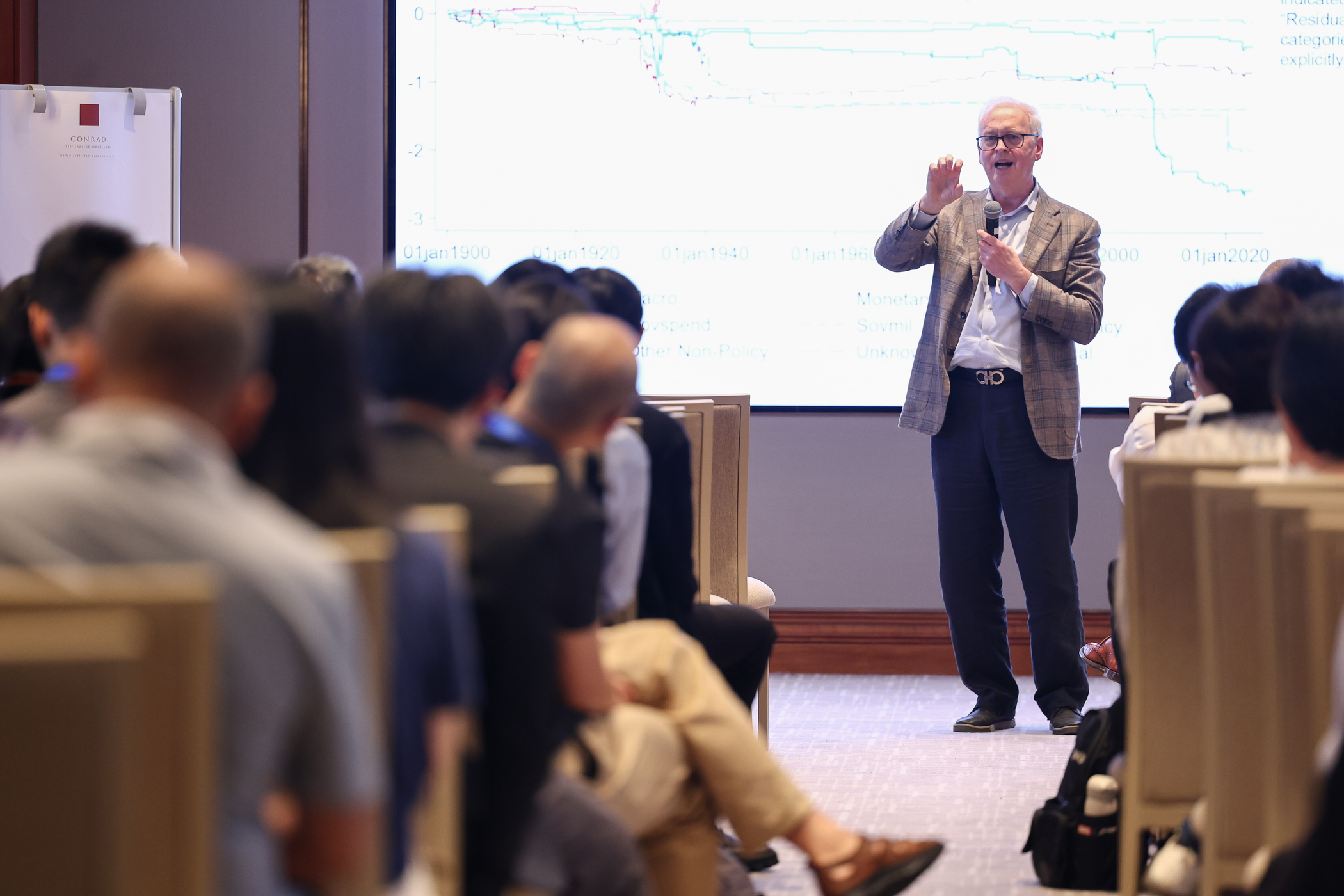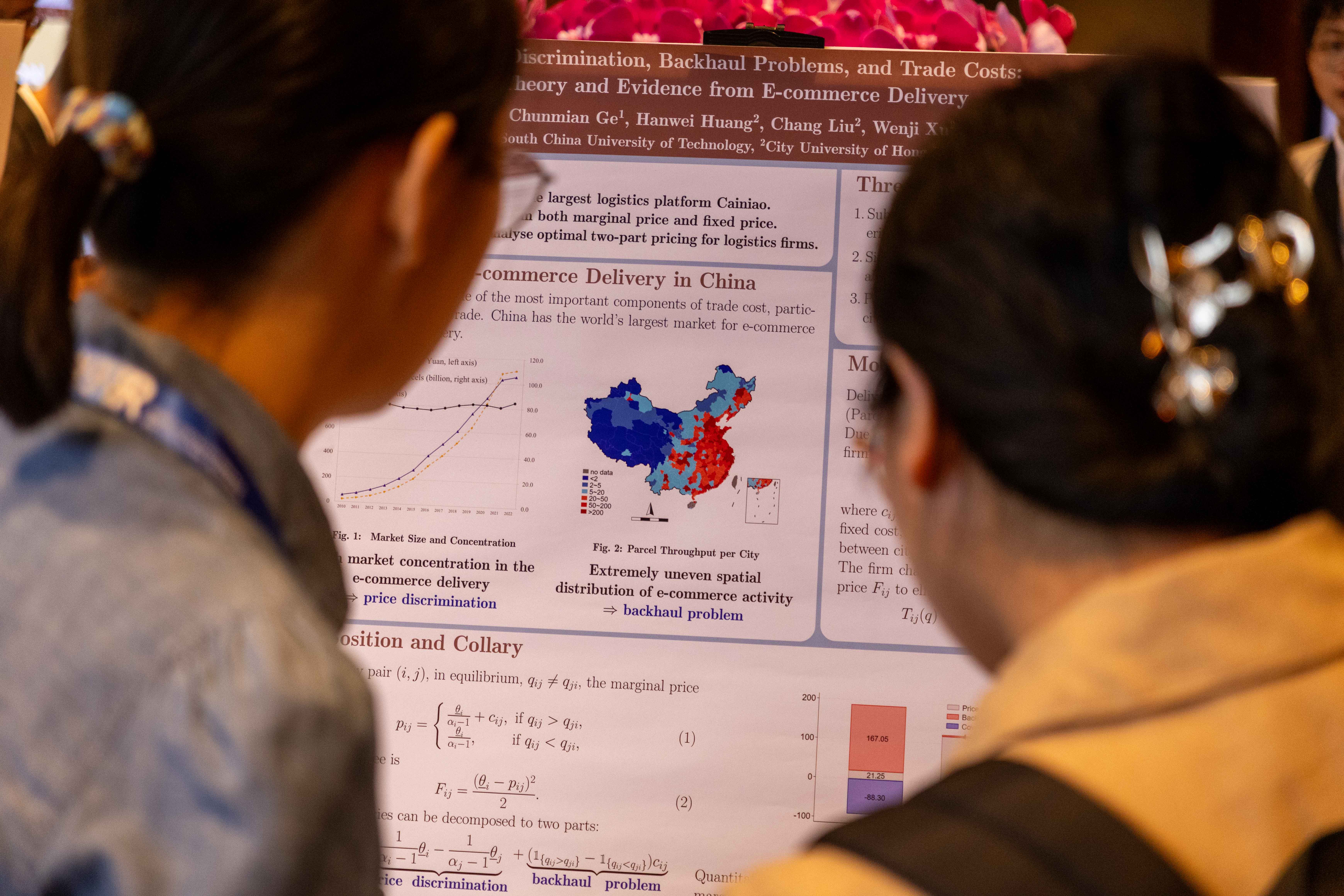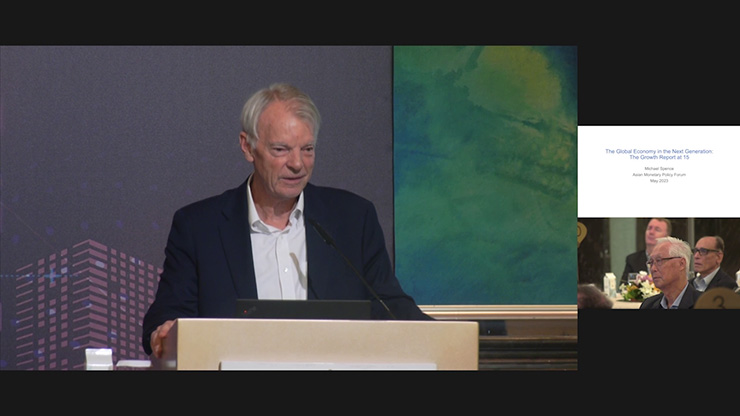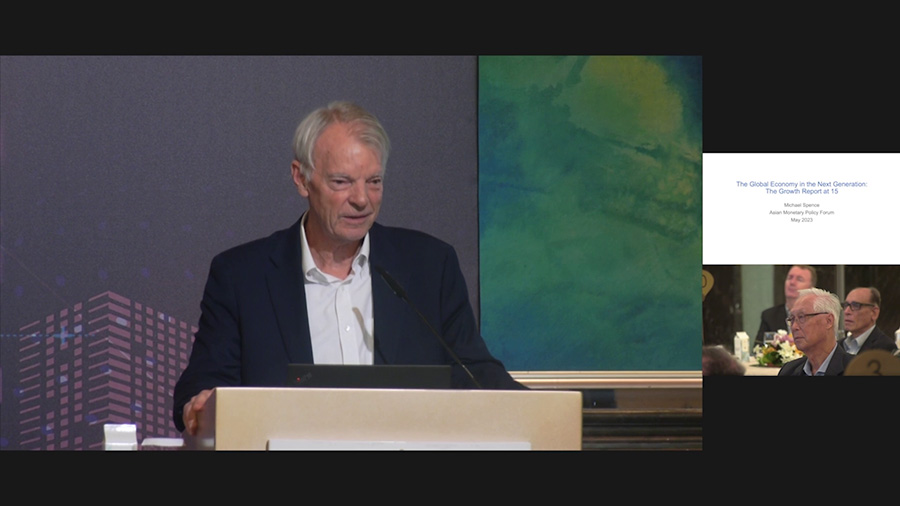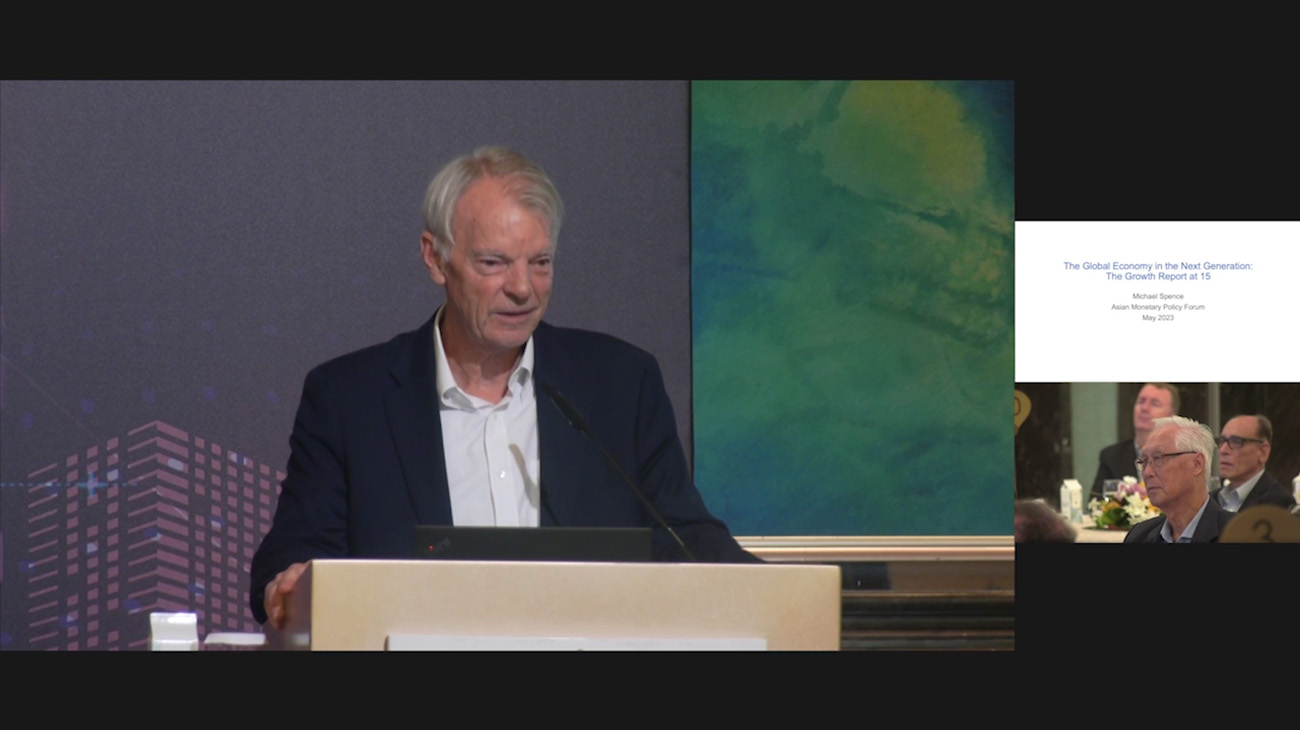Open banking allows borrowers to share transaction data across intermediaries, potentially aiding marginal borrowers' credit access. However, it may also reduce incumbents' incentives to generate data, inadvertently limiting credit. The authors use India's launch of Unified Payment Interface (UPI), a digital payment infrastructure, in 2016 as a natural experiment to investigate the impact of open banking on credit access. This government-funded digital public infrastructure enabled users to create verifiable digital financial histories that could be shared across intermediaries with consumer consent, overcoming incumbents' disincentives in open banking. Their difference-in-differences design exploits local pincode-level variation in exposure to banks that adopted UPI early. Using several unique regulatory and proprietary datasets on the universe of consumer loans, the authors document an increase in consumer credit for both FinTech lenders and banks. Credit increased to subprime and new-to-credit customers and in financially excluded regions, consistent with financial inclusion. An alternate empirical design using the 4G launch of a major mobile phone operator that reduced internet data costs confirms our findings. Overall, open banking in the presence of digital public infrastructure aids broad-based credit access.
Session Chair:
Jun PAN
Professor of Finance and SAIF Chair Professor, Shanghai Advanced Institute of Finance (SAIF), Shanghai Jiao Tong University; Exco Member and Senior Fellow, ABFER
Updated 17 Dec 2024
Session Format
Each session lasts for 1 hour 10 minutes (25 minutes for the author, 25 minutes for the discussant and 20 minutes for participants' Q&A). Sessions will be recorded and posted on ABFER website, except in cases where speakers or discussants request us not to.
Registration
Please register here to receive a unique Zoom link. (Notice: Videos and screenshots will be taken during each session for the purpose of marketing, publicity purposes in print, electronic and social media)


